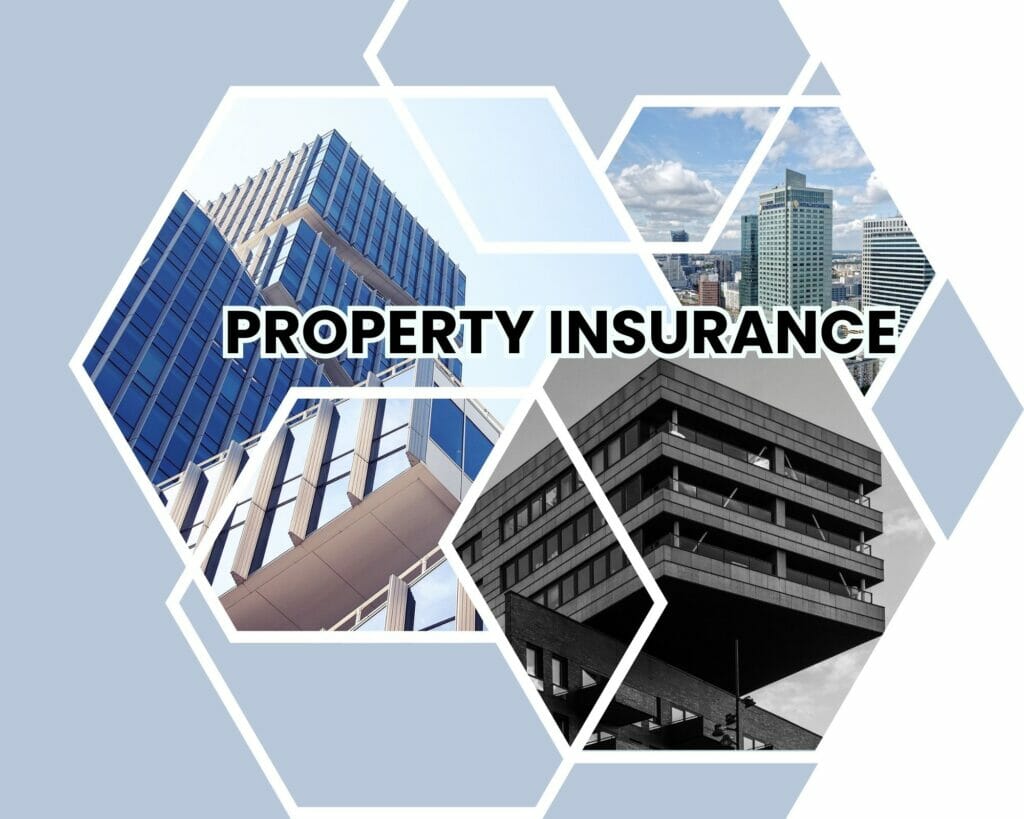Understanding Commercial Insurance
Commercial Insurance, also known as business insurance, is a broad term used to describe various types of coverage designed to protect businesses, their owners, and their employees. It is a vital tool that can guard your business against risks such as property damage, legal claims, and employee-related risks. A comprehensive commercial insurance policy can safeguard your business from potential financial ruin, ensuring its sustainability and growth.
Commercial insurance is not a one-size-fits-all solution. It is tailored according to the specific needs and risks of a business. The level of coverage, the type of policies, and the cost of premiums can greatly vary depending on the industry, the size of the business, and the nature of its operations. Therefore, understanding the intricacies of commercial insurance is crucial for every business owner.
Moreover, commercial insurance is not just a protective measure; it’s a legal requirement in many jurisdictions. Businesses are mandated by law to carry certain types of insurance policies such as workers’ compensation, unemployment, and disability insurance. Failing to comply with these legal requirements can result in hefty fines, legal penalties, or even the closure of the business.
The Necessity in Business
Commercial insurance plays a critical role in the business landscape. It provides a safety net for businesses, enabling them to withstand unforeseen liability claims, property damages, and operational disruptions. Without adequate insurance coverage, a single catastrophic event or a series of unfortunate incidents could potentially lead to the downfall of a business.
For instance, if a business is sued for negligence or bodily injury, the legal costs alone could cripple the business financially. Commercial insurance covers these costs, ensuring businesses can continue to operate even in the face of such allegations. Similarly, if a business’s property is damaged due to an unforeseen event like fire or natural disaster, commercial insurance can cover the costs of repairing or replacing the damaged property.
Moreover, commercial insurance is crucial in maintaining a business’s reputation. In the event of a product malfunction or a service failure, a business with comprehensive insurance coverage can handle customer complaints and lawsuits more effectively. This can significantly mitigate the damage to the business’s reputation, maintaining customer trust and loyalty.
Key Benefits
Commercial insurance offers numerous benefits to businesses. Firstly, it provides financial protection. It covers the cost of property damage, legal liabilities, and employee-related risks, protecting businesses from potential financial losses. This allows businesses to focus on their operations and growth strategies without worrying about unforeseen financial burdens.
Secondly, commercial insurance enhances business credibility. Businesses that are adequately insured are often perceived as reliable and trustworthy by clients, suppliers, and investors. It shows that the business takes its responsibilities seriously and is prepared to handle any adversities. This can significantly impact business relationships and open up new opportunities for growth.
Lastly, commercial insurance contributes to business continuity. It ensures that businesses can continue to operate in the face of disasters, lawsuits, or operational disruptions. This is particularly crucial for small businesses that may not have the financial capacity to withstand such setbacks on their own.
Business Building Insurance: Protecting Your Assets
Business Building Insurance, a subset of commercial insurance, specifically covers the physical assets of a business. This includes the business’s buildings, equipment, inventory, and sometimes, even the income lost due to a covered loss.
Imagine a scenario where a fire breaks out at your business premises, causing extensive damage. Not only is your building destroyed, but the equipment and inventory within are also lost. The cost of rebuilding and restocking could be enormous, possibly beyond the financial capacity of your business. This is where Business Building Insurance comes in. It covers these costs, ensuring your business can rebound from such a disaster.
Moreover, Business Building Insurance also covers any upgrades or improvements made to a rented business space. For instance, if you’ve invested in custom cabinetry or installed specialized equipment in a rented space, these improvements would be covered under your policy.
Progressive Commercial: A Closer Look
Progressive Commercial is a leading provider of commercial insurance, offering a wide range of policies tailored to the unique needs of businesses. Their offerings include general liability insurance, commercial auto insurance, workers’ compensation insurance, and more.
What sets Progressive Commercial apart is their flexibility. They offer customized policies that cater to the specific needs of different industries. Whether you’re running a retail store, a restaurant, or a construction business, Progressive Commercial has a policy that’s tailored to your business’s unique risks and needs.
Moreover, Progressive Commercial is known for its comprehensive coverage. Their policies cover a wide range of risks, ensuring businesses are thoroughly protected from potential financial losses. Their comprehensive coverage, coupled with their competitive pricing, makes Progressive Commercial a popular choice among businesses of all sizes.
Different Types of Policies
There are numerous types of commercial insurance policies available, each designed to cover specific risks associated with running a business. Some of the most common types include:
- General Liability Insurance: This covers legal costs and payouts if your business is sued for things like injury or property damage.
- Property Insurance: This covers damage to business property due to events like fire, theft, or natural disasters.
- Workers’ Compensation Insurance: This covers medical costs and a portion of lost wages for employees who become injured or ill on the job.
- Professional Liability Insurance: This covers legal costs if your business is sued for negligence or errors in the services it provides.
- Product Liability Insurance: This covers legal costs if a product your business makes or sells causes injury or harm.
- Commercial Auto Insurance: This covers vehicles owned by the business and can cover damages caused by those vehicles
How to Choose the Right Insurance for Your Business
Choosing the right commercial insurance for your business can be a daunting task. Here are some key steps to guide you through the process:
- Assess Your Risks: The first step is to assess the risks associated with your business. Consider factors like the nature of your business, the location of your business, the type of customers you deal with, the number of employees you have, etc.
- Understand the Different Types of Policies: As discussed earlier, there are numerous types of commercial insurance policies available. Understand what each policy covers and determine which ones are applicable to your business.
- Compare Quotes from Different Providers: Once you’ve identified the policies you need, get quotes from different insurance providers. Compare the coverage, the premiums, and the claim settlement ratio.
- Consult with an Insurance Broker or Agent: An insurance broker or agent can provide valuable advice based on their expertise and experience. They can guide you towards the best insurance package for your business.
Ways to Save on Costs

While commercial insurance is a necessary expense for businesses, there are ways to reduce its costs:
- Bundle Your Policies: Many insurance providers offer discounts if you buy multiple policies from them. This is often referred to as a Business Owner’s Policy (BOP).
- Increase Your Deductibles: A higher deductible means lower premiums. However, ensure you’re financially capable of paying the higher deductible in case of a claim.
- Implement Risk Management Measures: Any steps you take to reduce your business’s risk profile can result in lower premiums. This could include installing security systems, implementing safety protocols, or conducting regular maintenance checks.
Finding a Reliable Provider
Finding a reliable commercial insurance provider is crucial. Look for providers that have a strong reputation in the market, offer comprehensive coverage, and have a high claim settlement ratio. Online reviews, ratings, and testimonials can give you a good idea about the provider’s reliability.
Moreover, consider the provider’s customer service. A provider with excellent customer service can make the claim process smooth and hassle-free. Also, check if the provider offers flexibility in terms of policy customization, premium payment options, and coverage adjustments.
Conclusion: The Importance in Sustaining Business Growth
In conclusion, commercial insurance plays a key role in safeguarding businesses against unforeseen financial losses. It provides financial protection, enhances business credibility, contributes to business continuity, and protects your assets. Therefore, choosing the right commercial insurance provider and policy is critical for business growth and sustainability.

